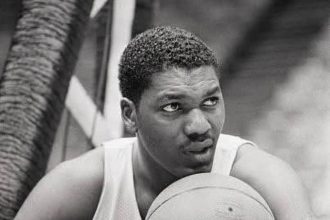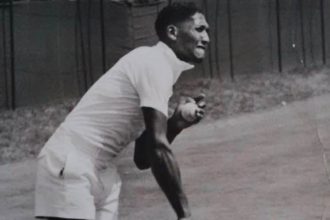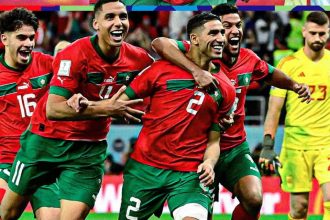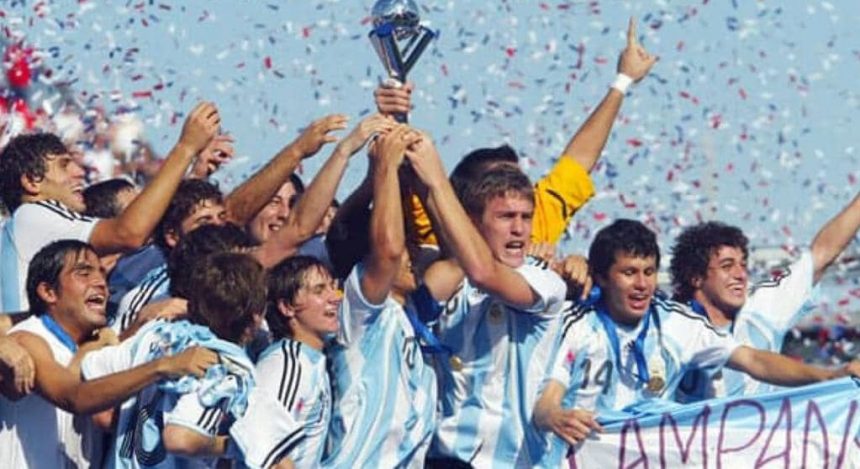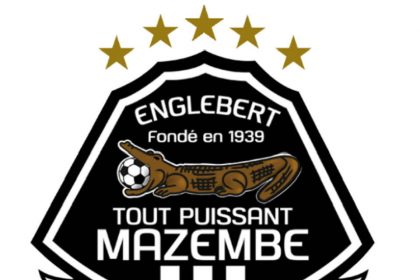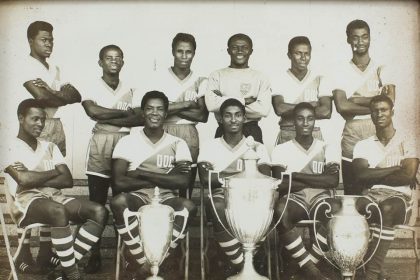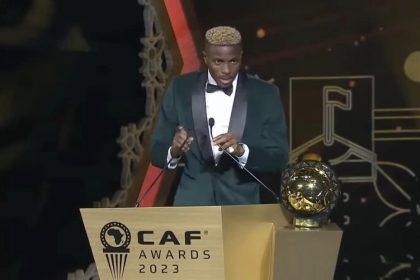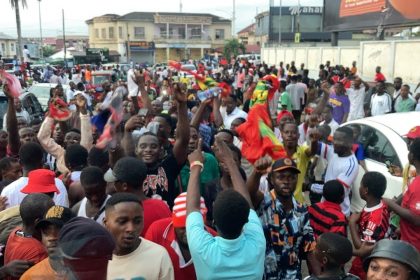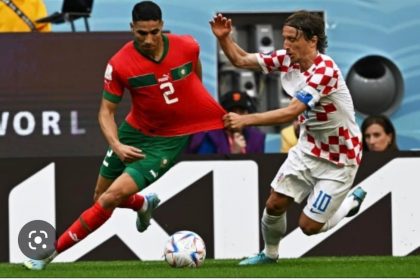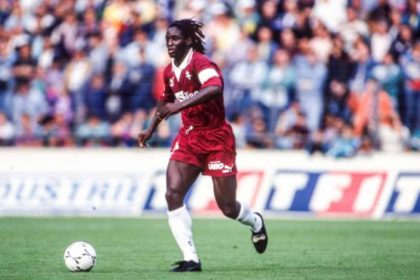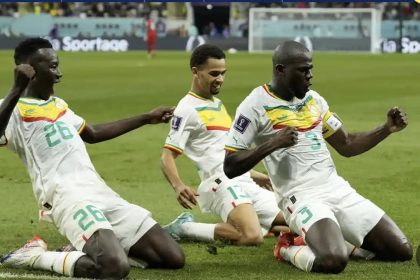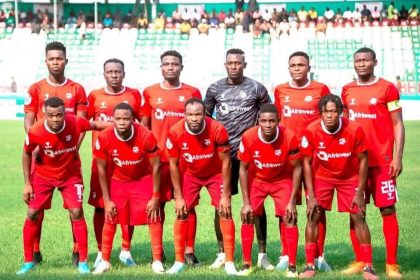The first segment of this two-part commentary gave a thorough point-by-point description of the circumstances that birthed the biennial football world championship tournament for men’s national teams with players under the age of 20. The article gave a graphic account of past editions of the championship, beginning from the inaugural tournament in 1977 when it was hosted by Tunisia to the 2005 edition in the Netherlands under the tournament name of FIFA World Youth Championship. As a result, this concluding part of the write-up will proceed from 2007, when the name was changed to FIFA U-20 World Cup.
Let us keep in mind that this tournament has been totally dominated by the two power houses of the game: South America and Europe, just like the biggest stage, the FIFA World Cup. Twelve of the last 23 tournaments have gone to South America, while 10 have gone to Europe, with the Black Satellites of Ghana being the only winner outside of the countries from these two continents. Argentina is the most successful country in the history of this tournament with six wins (1979, 1995, 1997, 2001, 2005 and 2007), closely followed by Brazil’s five (1983, 1985, 1993, 2003 and 2011). Uruguay’s recent victory over Italy at the 2023 edition’s final in Argentina made it the twelfth of its kind for South America.
Portugal won the two consecutive editions of 1989 and 1991 FIFA U-20 World Cup, while Yugoslavia won the 1987 edition and 2015 as Serbia. Soviet Union won the inaugural tournament in 1977, West Germany (1981), Spain (1999), France (2013), England (2017) and Ukraine (2019) to put the European conquest of the tournament at 10. The sole winner outside these two football power houses was Ghana in 2009 to give Africa a representative on the podium.
Sergio Agüero returned after also appearing at the 2005 tournament to repeat Messi’s feat in the preceding edition by totally dominating the 2007 competition. He ended as the Most Valuable Player and highest goal scorer with six goals. This 2007 tournament in Canada also had the likes of Arturo Vidal, former Juventus star who represented his country Chile. Other revelations of this tournament were Gerard Piqué of Spain, Edinson Cavani and Luis Suárez of Uruguay. The tournament was arguably the richest in the revelation of future stars since the first FIFA U-20 World Cup edition in 1977. Marcelo of Real Madrid, David Luiz and Willian of Chelsea fame all represented their country Brazil and were revealed to the world through this tournament. It was also in this edition that Ángel Di María, of Argentina cut his teeth.
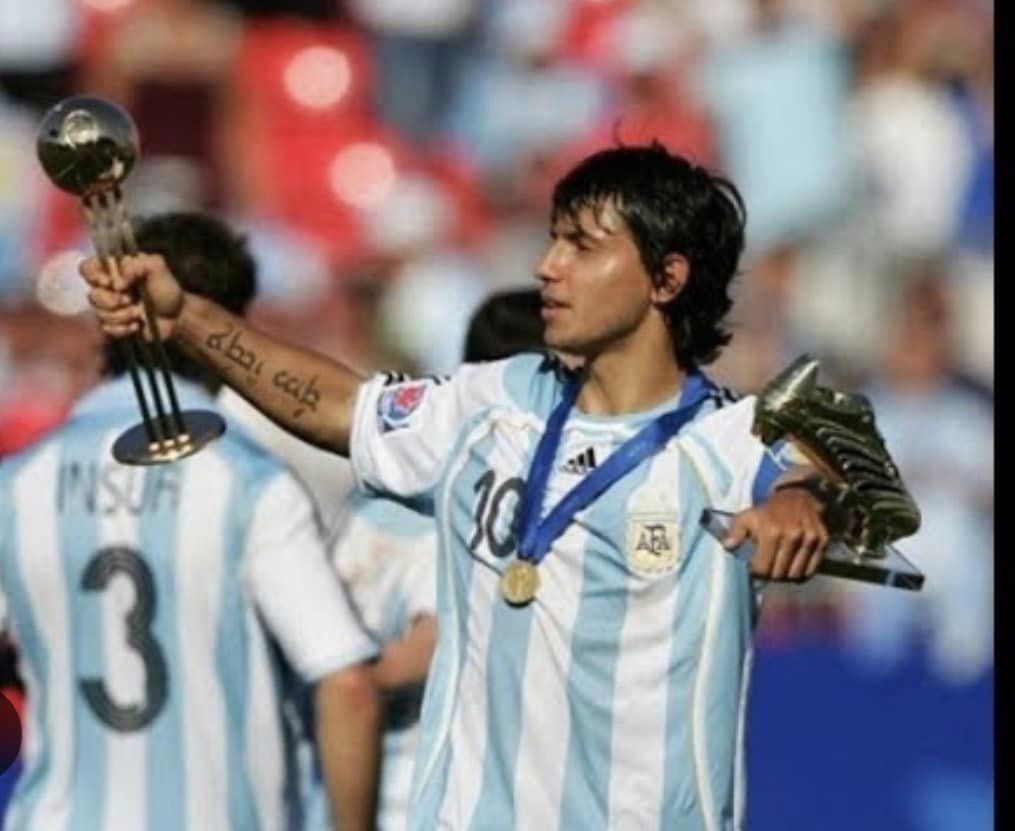
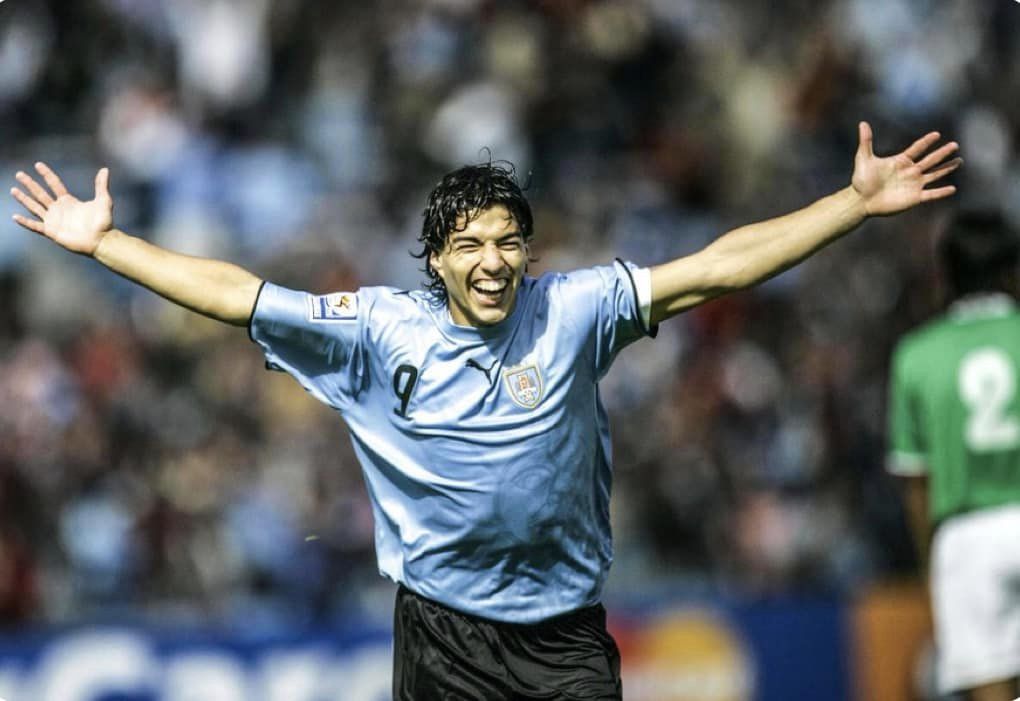
The next edition, hosted by Egypt in 2009 had the likes of César Azpilicueta for Spain; Kieran Trippier for England, while André Ayew was the captain of the Ghana team that won the tournament. This edition was indeed special for Africa as Egypt proudly represented the continent well by providing a world-class hosting of the best youth players in the world. The Black Satellites of Ghana winning the trophy was the icing on the cake, the first of its kind outside Europe and South America since 1977. Dominic Adiyiah of Ghana was clearly the star of this tournament with his eight goals in seven games that fetched him the Golden Boot as well as the Most Valuable Player award. The Black Satellites overcame Brazil in the final on penalties. Ghana winning this tournament was a direct fulfilment of João Havelange’s 1974 vision for the tournament. Havelange died on 16 August 2016 (aged 100) at Rio de Janeiro, Brazil but still lived to witness this special moment of his life.
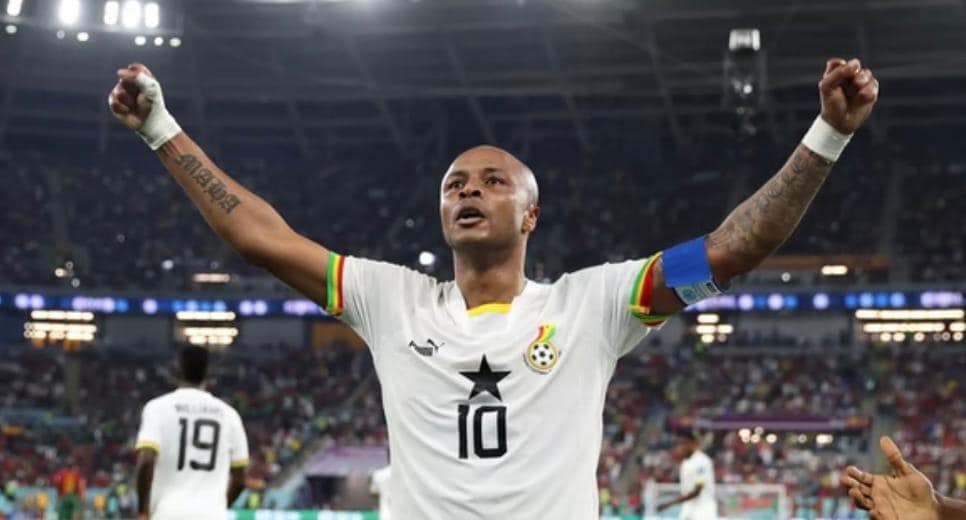
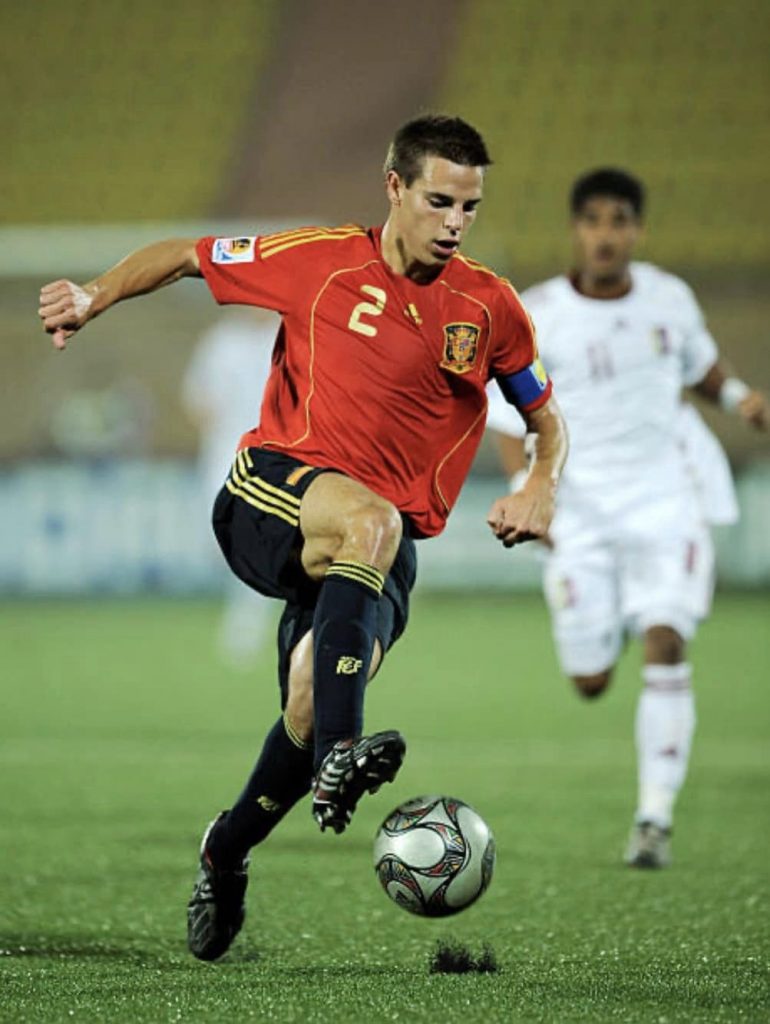
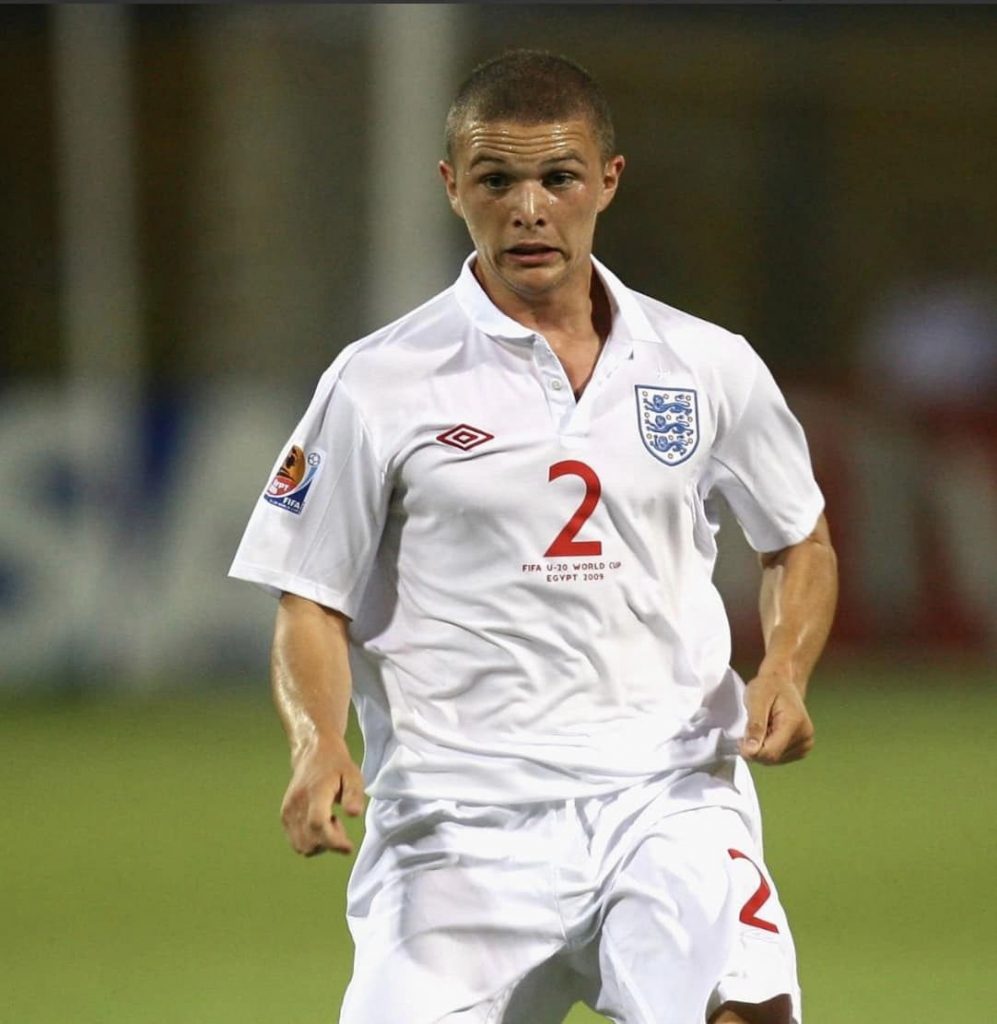
Ghana captain André Ayew said: “It’s the title that’s given us the most joy, the most honour and the most pride. No one expected us to win, because no African country had ever been world champions in that age category. It remains the best moment of my career. I can still picture the scenes that greeted our return to Ghana. The whole country was buzzing. It’s for those kinds of moments that we play football. I’ve enjoyed some great victories over my career, but that trophy is on a whole other level for what it represents for Ghana and the entire continent.”
After winning the FIFA U-20 World Cup trophy, five members of this Ghana team (Daniel Agyei, Captain Andre Ayew, Samuel Inkoom, Jonathan Mensah and Dominic Adiyiah) seamlessly continued this success with the senior national team reaching the quarter-finals of South Africa 2010 just a few months later! The Ghana U-20 team is the most successful youth team in Africa with one gold, two silver and one bronze medals at the championship. It is also pertinent to say that, 15 out the 23-man squad of Ghana to the 2010 FIFA World Cup in South Africa were direct products of the tournaments of 1996 (1), 2001 (4), 2005 (5), 2009 (5). Havelange must have been so pleased in a corner of his room seeing all these happening in his lifetime.
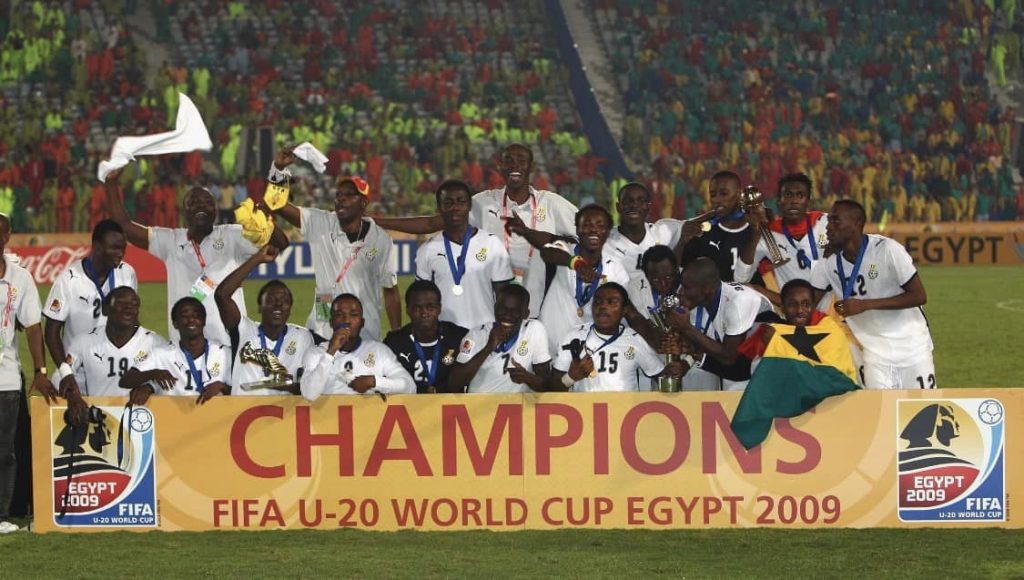
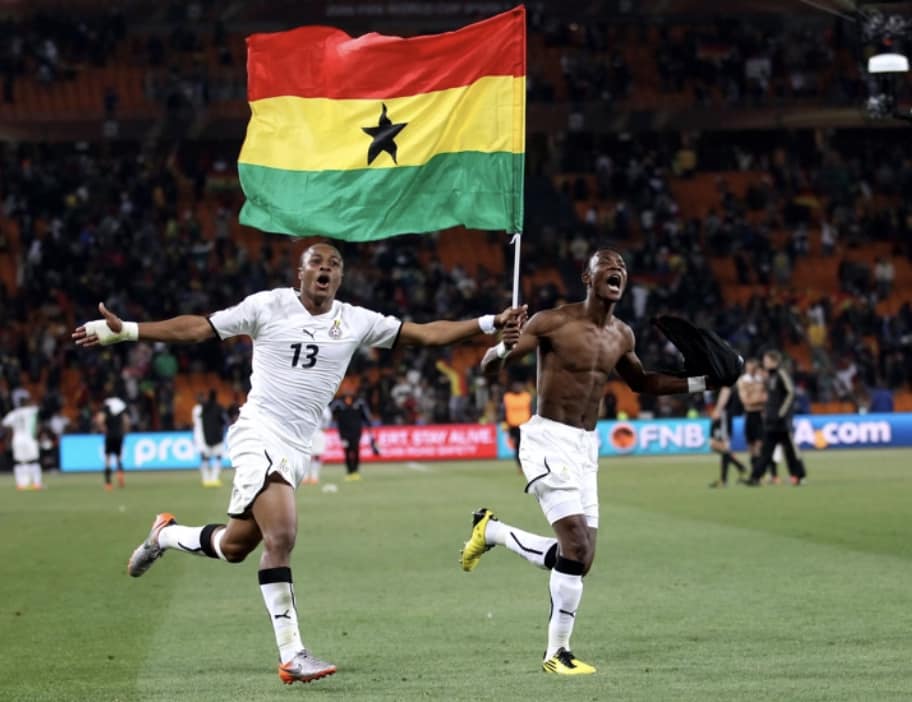
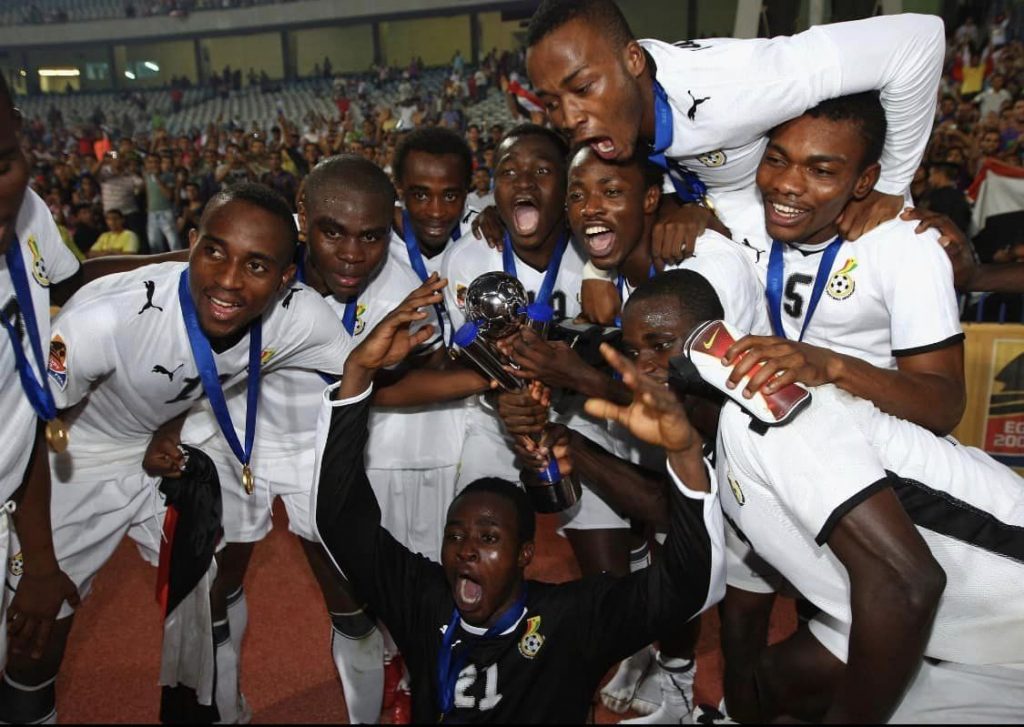
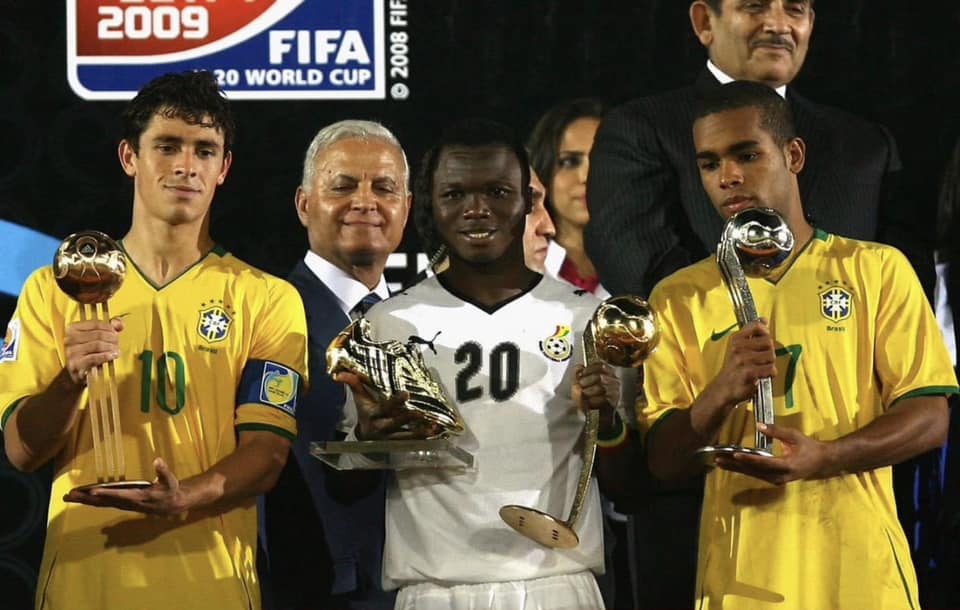
Alexandre Lacazette of France was the joint top scorer of the 2011 edition with five goals. This was the tournament that revealed Oscar dos Santos Emboaba Júnior (Oscar), the former Chelsea’s superstar to the world. He scored a hat trick in the final against France for Brazil to land the fifth trophy. Kalidou Koulibaly, the present Senegalese captain was a core member of the France squad while Mário Rui of Napoli, Judilson Mamadu Tuncará Gomes, also known as Pelé, playing now for the Guinea-Bissau’s senior side were in the Portugal squad.
Paul Pogba inspired France to its maiden FIFA U-20 World Cup crown in 2013 as they beat Uruguay 4-1 on penalties in the final. Captain Pogba bagged the Golden Ball for his strong tackling and exceptional stamina as he displayed a remarkable ability to read the play and dictate the pace. He led his teammates from the front, and was first to get them back on their feet after mishaps. This was clearly a Paul Pogba’s tournament. Youssouf Sabaly, who later switched his international allegiance to his ancestral country of Senegal and Samuel Umtiti played for France in this edition too. Wilfred Ndidi of Leicester City played for Nigeria, while Harry Kane of Tottenham Hotspur and John Stones of Manchester City featured for England in this edition hosted by Turkey.
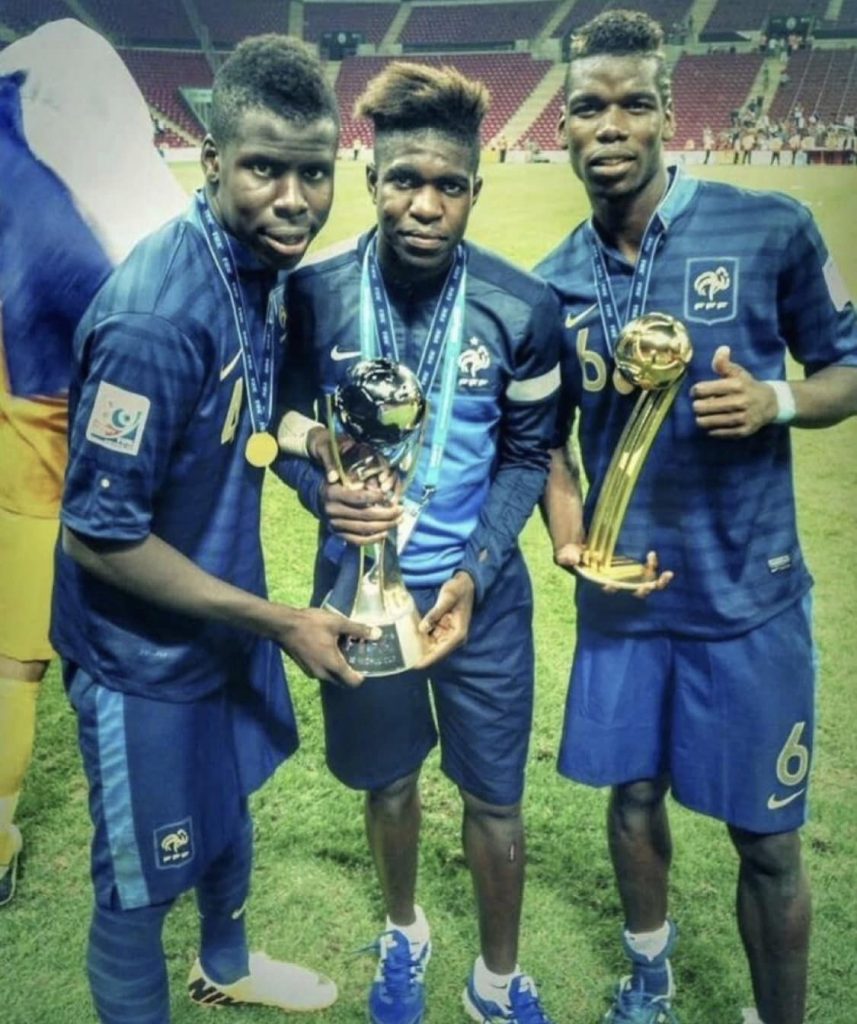
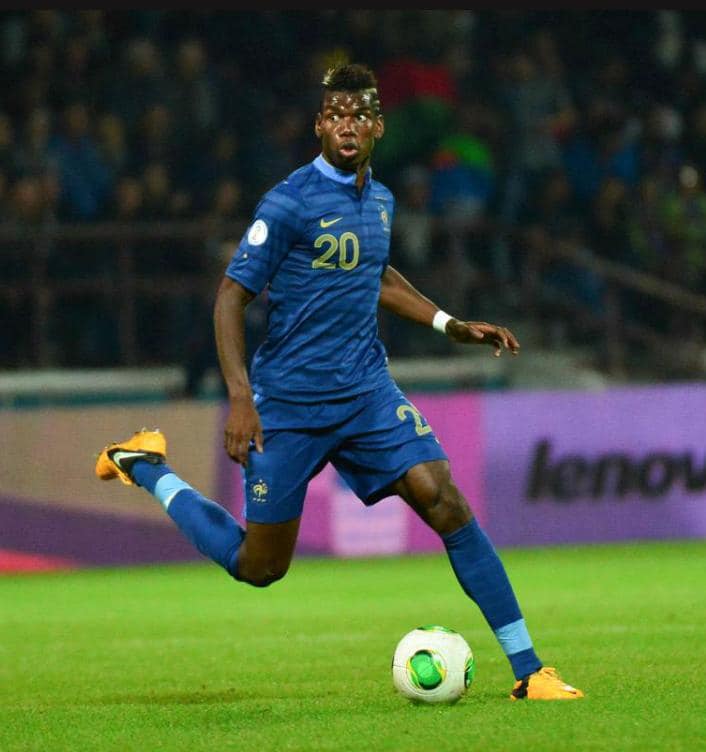
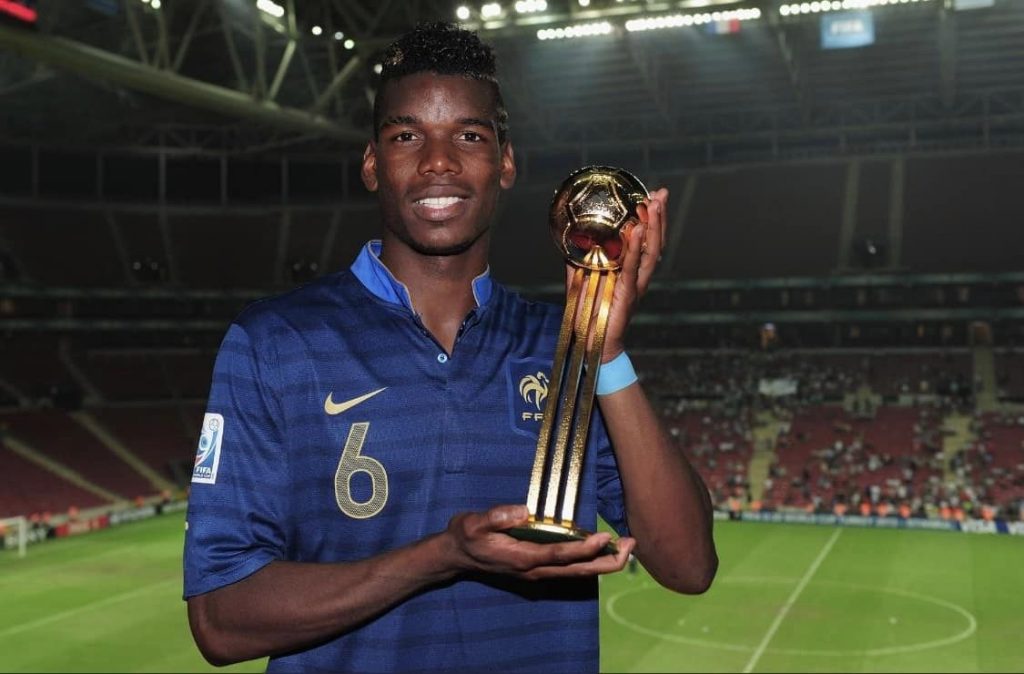
The 2017 edition produced the likes of Lautaro Martínez of Argentina. Martínez, who plies his trade at Inter Milan, he is the second highest goal scorer in Serie A this season behind Victor Osimhen. From 2017 that he represented his country at the championship till now, Martinez has won almost everything with the Argentine senior side (2022 Copa America and 2022 FIFA World Cup). Martínez officially joined Inter Milan on the 4th July 2018 for a reported fee of €22.7 million and signed a five-year contract with the club. Exequiel Palacios of Argentina, Ademola Lookman, who starred for England, but later switched his allegiance to Nigeria his ancestral homeland; and Zambia’s Patson Daka of Leicester City were also at this 2017 tournament. Rúben Dias of Manchester City and Diogo Dalot of Manchester United were revealed by Portugal that same year. Federico Valverde of Real Madrid played for Uruguay, while Marcus Thuram and Christopher Nkunku represented France.
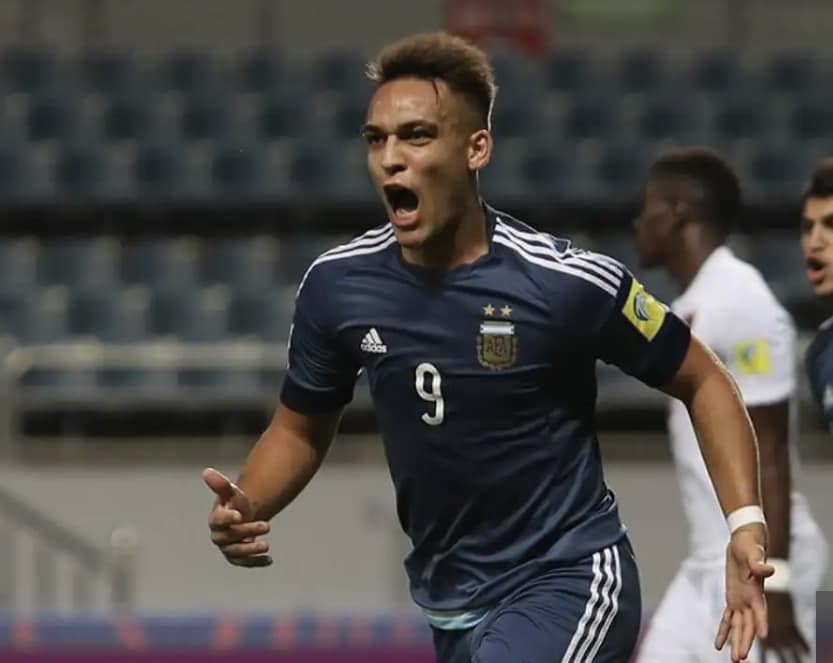
In the 2019 edition, Erling Haaland won the golden boot award with his nine goals at the tournament. Haaland scored nine goals in Norway’s 12–0 win against Honduras in Lublin, Poland. Darwin Núñez of Liverpool was in the Uruguay team. Núñez came through Peñarol’s youth academy, being promoted to the first team in 2017. Portuguese Diogo Dalot of Manchester United and Rafael Leão of AC Milan also played at the tournament.
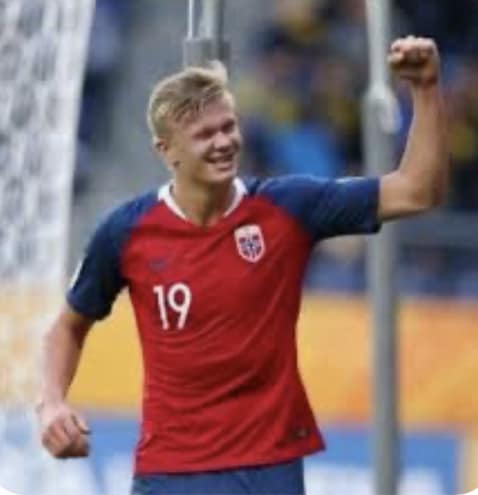
As the 2023 edition of the championship just came to a close in June, the likes of Cesare Casadei of Italy, Anderson Duarte of Uruguay and the new kid on the block, goalkeeper Chijioke Aniagboso of Nigeria are set to become the next generation of footballing greats.
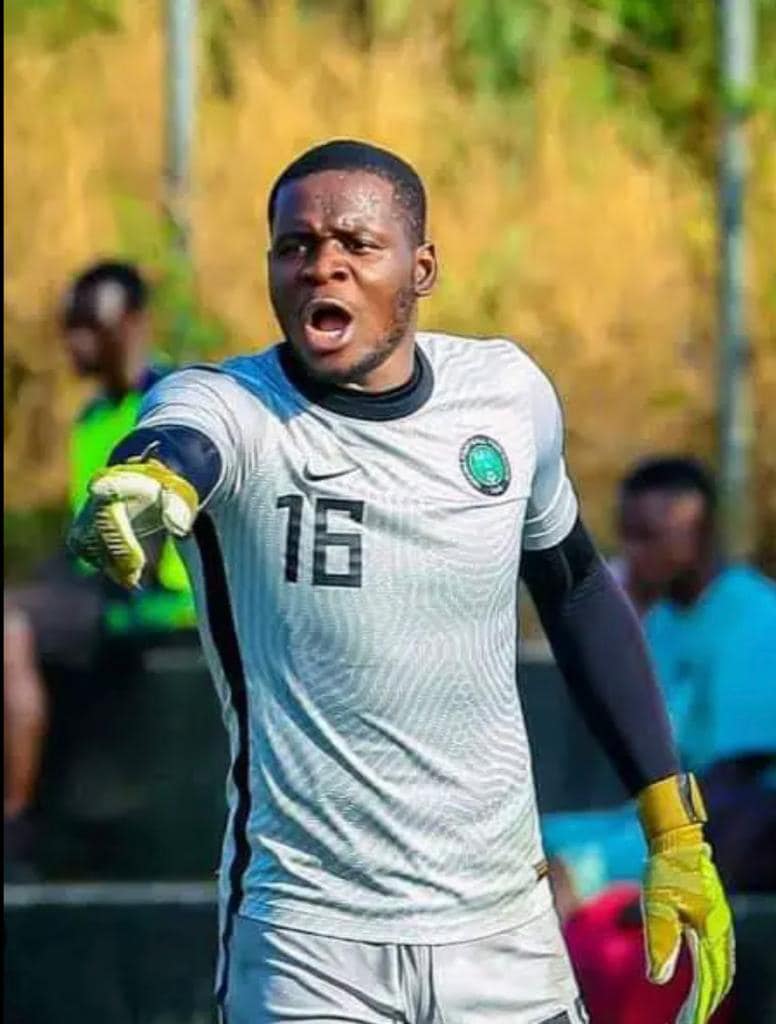
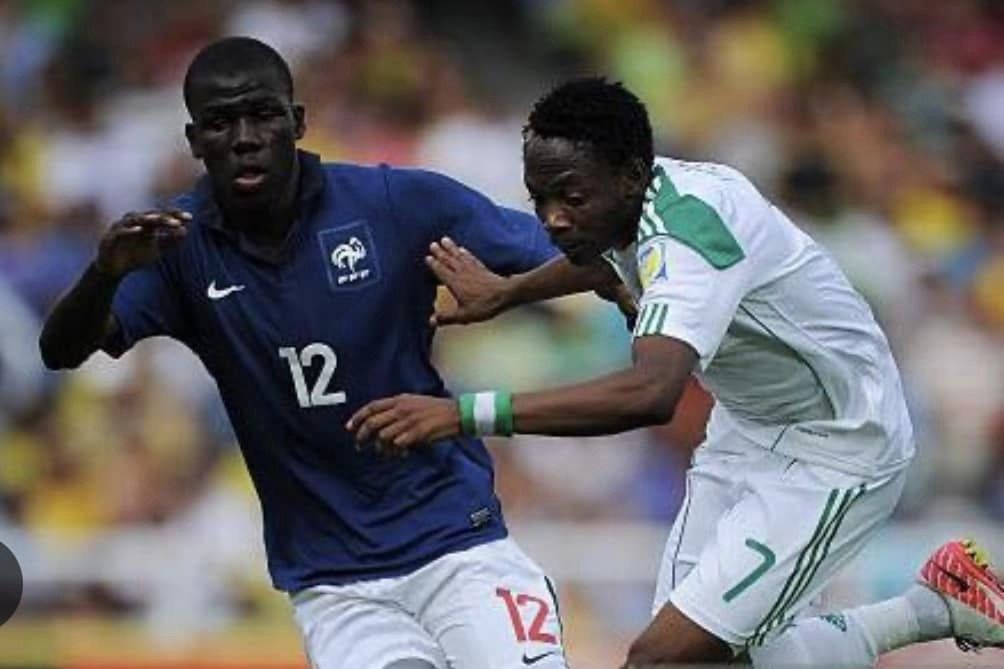
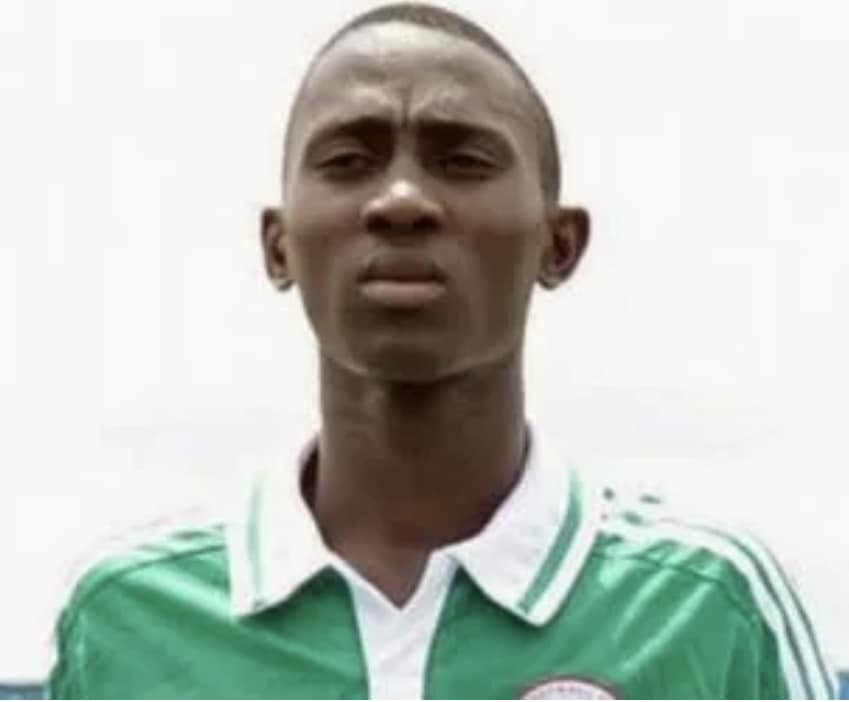
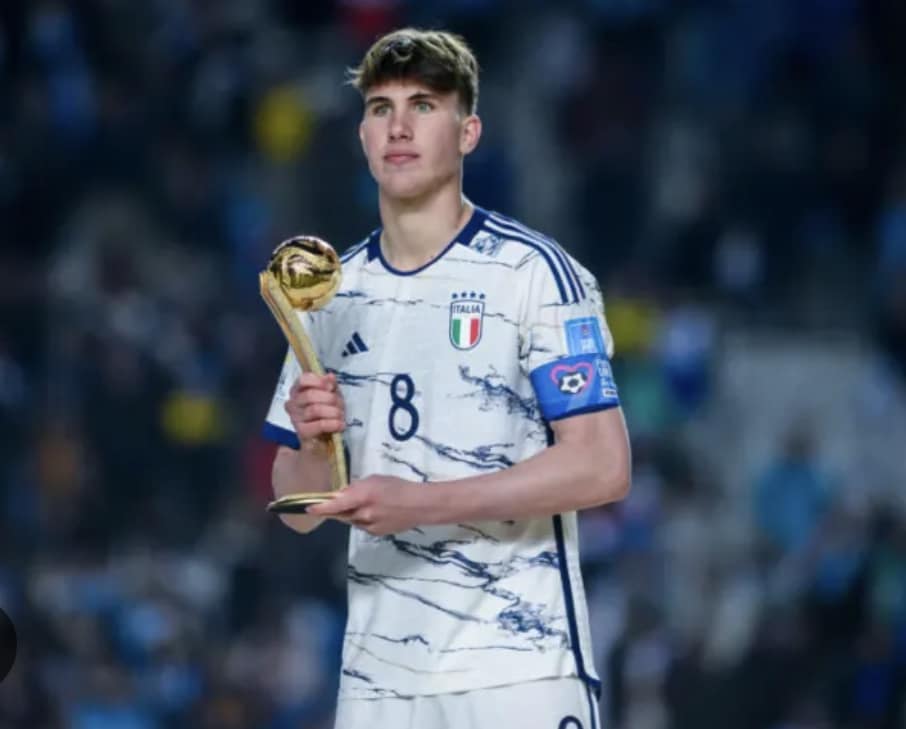
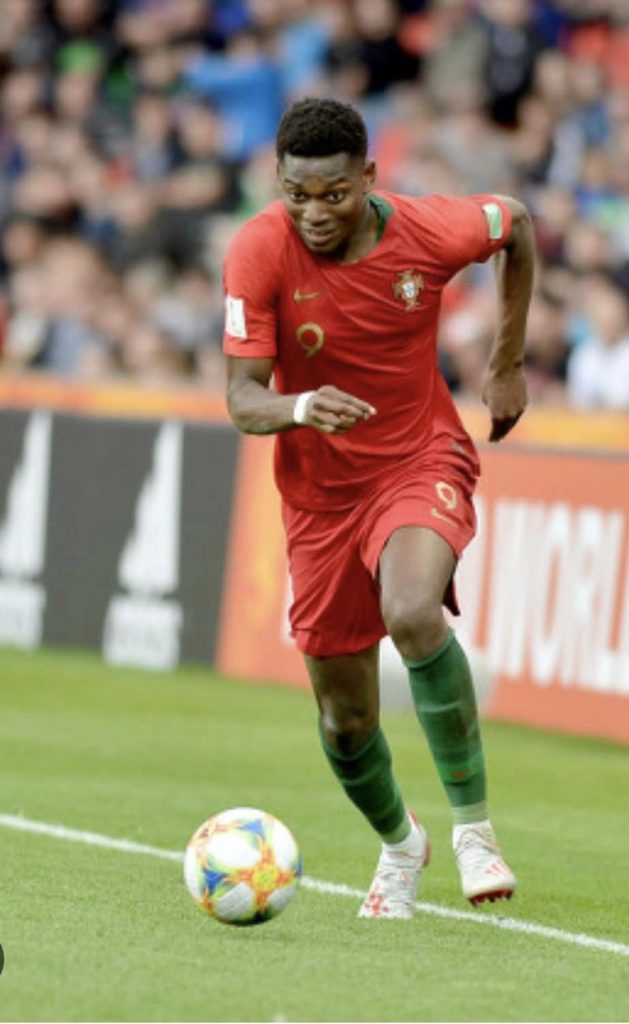
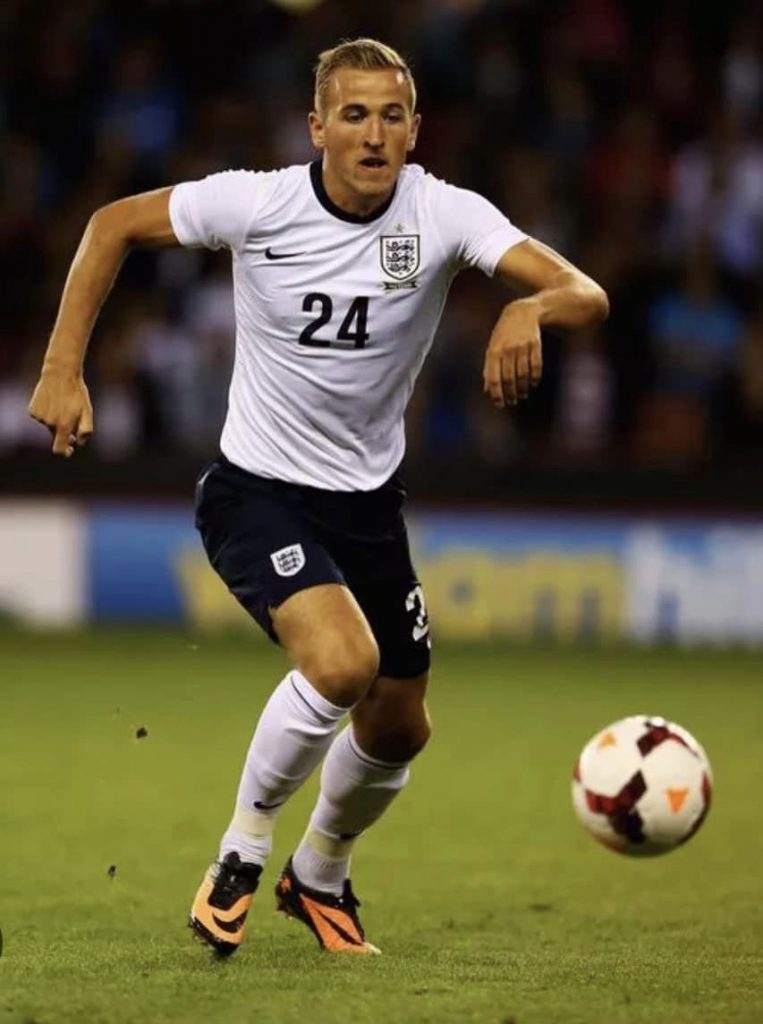
In 2025, the 24th edition of the tournament will hold in a country that is yet to be named by FIFA. But with what the world has seen so far, the FIFA U-20 World Cup will continue to enjoy a well-earned reputation for helping to develop superstars-in-the-making.
References:
- John F. Molinaro – CBC Sports, September 16, 2009.
- 51 FIFA U-20 World Cup best players of all time. By Andrew Kovacs of Metroleague, February 2013
- FIFA U-20 World Cup: Stars of the past. May 19, 2017, Team Sportstar
(Edited by Bimbo Ajayi)
Contributions from Bimbo Ajayi.


